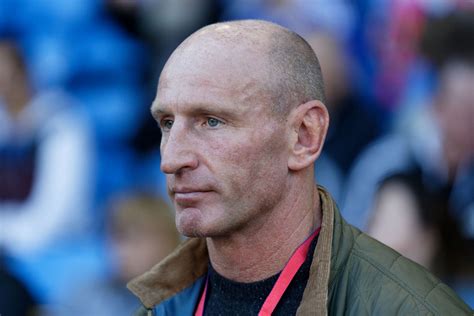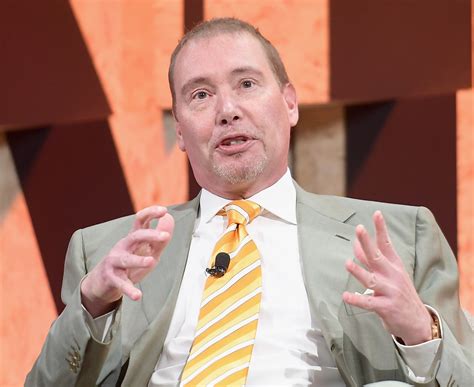A Quote by Jonathan Clements
It's one of the ironies of investing. The rich can afford to take risks, but they don't need to. The poor need to take risks, but they often can't afford to.
Related Quotes
The trouble is that the risks that are being hedged very well by new financial securities are financial risks. And it appears to me that the real things you want to hedge are real risks, for example, risks in innovation. The fact is that you'd like companies to be able to take bigger chances. Presumably one obstacle to successful R&D, particularly when the costs are large, are the risks involved.
It's very important to take risks. I think that research is very important, but in the end you have to work from your instinct and feeling and take those risks and be fearless. When I hear a company is being run by a team, my heart sinks, because you need to have that leader with a vision and heart that can move things forward.
When large companies take on risk, then they impose risks on the rest of the system. And these are systemic risks and these systemic risks we never used to think were really that important, but as soon as we recognize how the financial sector - the risks the financial sector takes on can impact the entire global economy, we realize that those risks needed to be controlled for the social good.

































